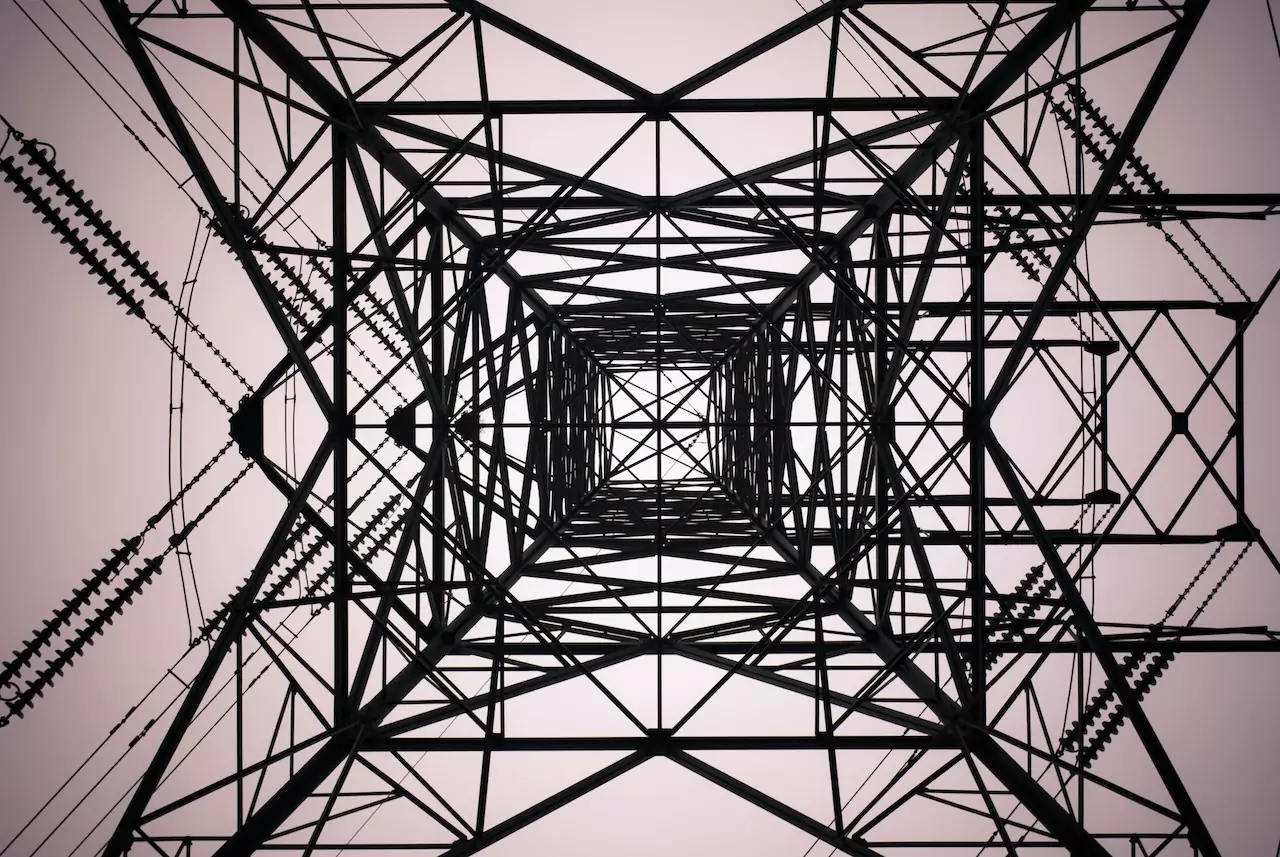Table of contents
It has never been more difficult to distinguish between what is campaigning and the real positions of political parties, but Germany will continue with the energy transition. And it will not return to nuclear power. Sven Egenter, president of the Clean energy wire association, states this with conviction and confesses to Startupbusiness that, whatever happens in Germany after the elections on 23 February 2025, in his opinion it is more urgent to think as Europe about what will happen in the USA. For a country as closely connected to his own as Italy, this inside look at the dynamics of Teutonic energy policy in the future provides an opportunity to take stock and remind ourselves, as EU members, that we are all in the same network, electrical and otherwise.
In the loud noise of the current German election campaign, what emerges for certain according to Egenter is that ‘this time, unlike in 2021, the focus is not on climate and energy transition but on migration and polarisation. Victory will be played out on issues such as the cost of living and the competitiveness of industry, and energy comes into play as a mere cost issue’.
In a more or less ambitious way, depending on the coalition that will be formed between the parties, but Germany’s energy policy will in any case be aimed at minimising costs and aligning itself more and more with the European approach. Electrification included, indeed, according to Egenter, a priority.
Seen from Italy, this picture is reassuring, because since we are all energetically interconnected in Europe, a ‘stumble’ by one member country would also expose all the others to risks. Some more, however, and among these is Italy, which, if it can avail itself of ‘cautious optimism’ for this time, should nonetheless make a move on renewables, in order to make itself more secure, as Germany already is.
Italy and Germany, Europe and the rest of the world
The two-thirds of German energy from renewable sources, compared to Italy’s ‘less than half’, puts our two countries in different positions in the market. Michele Governatori, head of external energy relations at Ecco, an Italian climate think tank, confirms this, adding that “we are also lagging behind France, the UK and Spain . The only thing we can boast about in Europe is the closure of coal-fired power stations. Soon there will be no more in Italy, in fact, unless there are sudden reversals’.
All EU countries outdo each other, depending on the moment and the renewable source considered, but they advance in the same direction, like so many moving pawns on the board of the same board game. What we must all fear, then, is that someone will not come along and overturn the table. Both Egenter and Governors, rather than looking at the German elections, reasoning from a European perspective, are in fact paying close attention to what is happening and could happen outside its borders.
Promising protectionism. Only if others
Both Russia’s influence on ‘other people’s’ electoral dynamics and US President Donald Trump’s announced protectionist intentions are now the factors that need to be taken into account most, especially when thinking about the future of energy in Europe. But not necessarily experiencing both as threats: according to Governors, the latter could be an opportunity.
“If we too do not commit the foolishness of adopting similar policies, US protectionism towards Latin America and Canada could bring benefits to Europe,’ Governatori says, ‘perhaps they would not be immediately obvious but they could be there. His thoughts turn to the excess production of renewable energy hardware that China already has and that would increase decisively, pushing down prices to the advantage of those who, like Europe, would continue to buy it. ‘This country has invested impressively in green technologies, Italy depends on it in every respect as far as electrification is concerned, except for heat pumps in which we are still very strong,’ Governatori explains, ‘so we would be among the first to benefit economically.
Who knows whether very low prices would succeed in getting us to accelerate on an electrification that we are still tackling too timidly. We will probably never know: neither Egenter nor Governors believe that Trump will really pursue his barely sketched-out line of protectionism for long. “For technology and the economy, opportunities rather than political guidelines are what count. When it comes to competitively priced energy, you can be as populist as you want but you need it and today, to get it, it pays not to close the borders and focus on renewables. That’s what Trump will do. (photo by Shane Rounce on Unsplash)
ALL RIGHTS RESERVED ©
